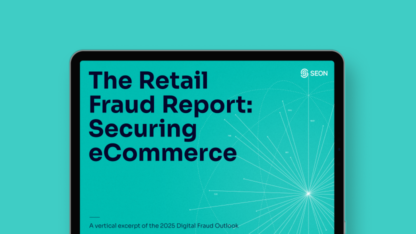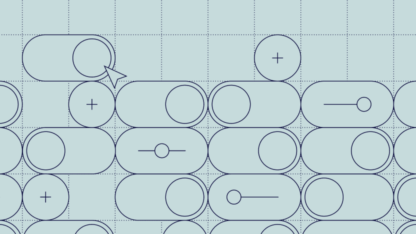Darren Hodder is a vastly experienced cybercrime leader and fraud professional with experience across the board, from software coding to MLRO.
He started his consultancy business Lockdown Risk amidst the huge shift in behaviors due to the pandemic and now runs risk management events under the same company, alongside supporting Forums International to help promote the sharing of actionable information with other fraud fighters globally.
How do you ensure a company remains innovative?
It’s really about getting to know the organization to understand where in their journey they are at the moment.
What their level of risk appetite is, understanding how they operate and what their overall goals are. That typically allows me to then understand what is appropriate for that organization.
Are they using the existing tools effectively? Or is there a significant gap? Which quite often does come up simply because I’m coming in with a fresh set of eyes and at the end of the day we’re all human. It’s very easy to become a bit ingrained in what they do with the day-to-day role, and can therefore miss a trick.
I always look to work very collaboratively with any clients. Let’s first understand each other, and look to see if there were any immediate, quick wins versus more strategic projects or plans, that we will develop in time to resolve any issues that are identified.
What would be the downsides of a digital identity scheme?
In my opinion, the main downside would be to initially get the public to trust whatever scheme might get put in place.
Certainly here in the UK, there’s always been a real nervousness around having a form of identity card or identity scheme and so it needs to be handled in a sensitive manner.
I think once we get over that, I think we’ve got a lot of advantages rather than disadvantages.
However, the analogy I like to take is that it’s a case of squeezing the balloon. You’re often solving one problem only for the fuel system.
You might come up with something different, a new angle, a new approach but fraudsters will constantly be aware of the happenings and look to exploit elsewhere.
Squeeze the balloon on one side and it pops out somewhere else.
No two days are ever necessarily the same and fraud professionals need to keep up latest issues and trends. But there is a danger that you can become too focused upon some of the technicalities of some of the more you want things that are happening and then take your eye off some of the simple stuff.
As soon as you do that’s when you can really come a cropper. Make sure you don’t take your eye off the basics because as soon as you do that, the fraudsters are always going to look for and attack the weakest link in the chain.
What role do AI and machine learning play in tackling fraud?
In the past, I’ve had very mixed views about some AI and machine learning solutions but I think combined with a strong human aspect it can be immensely helpful.
I think it’s fair to say that, some of the historical neural net-type approaches have had some successes, but where they’ve been weak is that they give out these referrals and it’s not always clear why or how a decision has been reached.
I think that’s an area that is getting much, much better now for machine learning and AI, it’s becoming more intelligent and better at explaining to the end user, why something is being flagged so I think there are some real positive, pieces of work that’s still happening in that area as well.
And also data quality; quite naturally, if you’re teaching up a model and your data quality is not great, then, garbage in equals garbage out.
That’s going to be true today as it has been in the past, there’s only so much you can do if you’ve got noisy or poor quality data.







